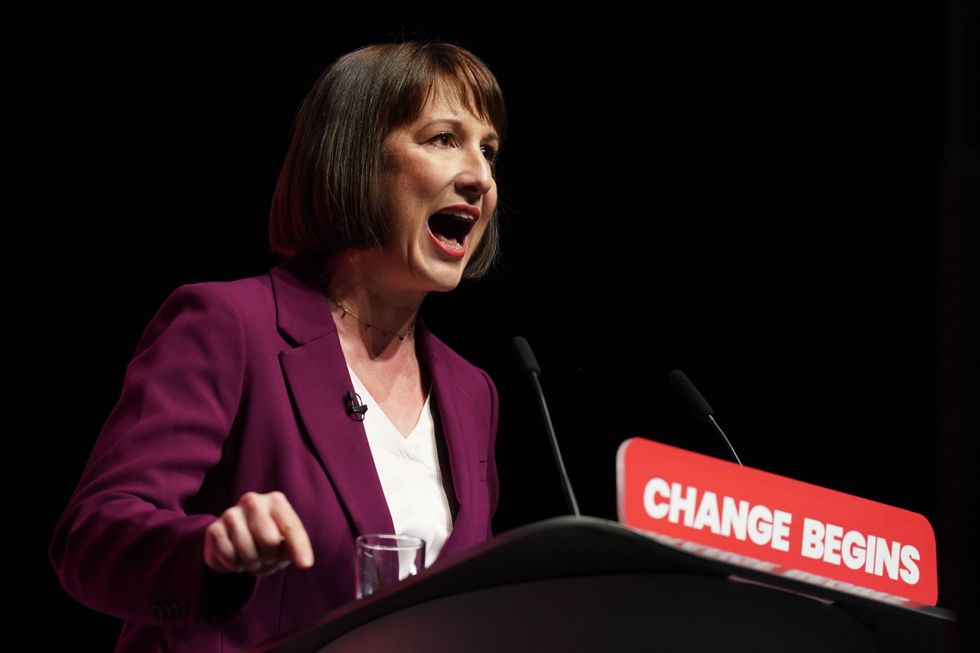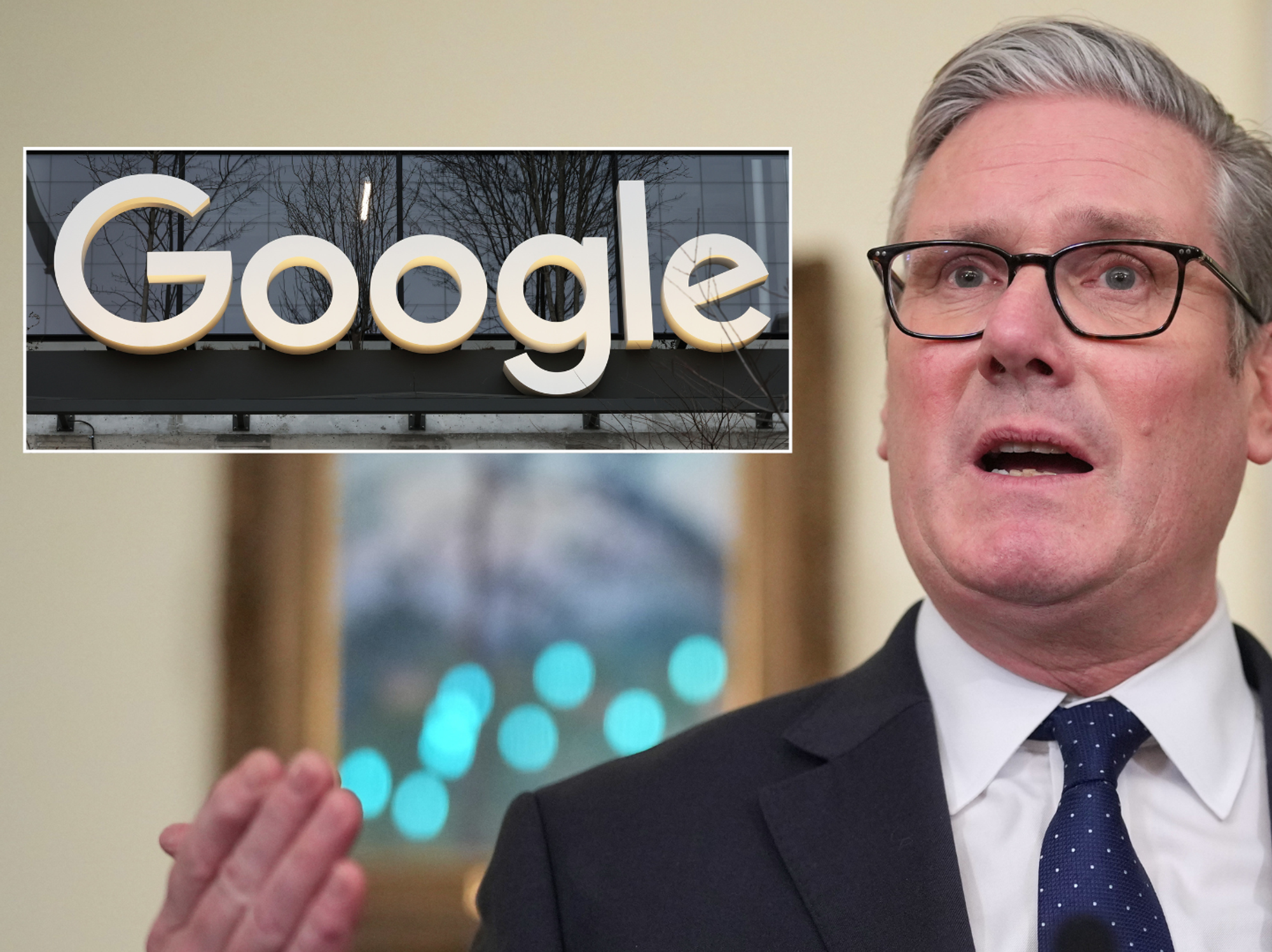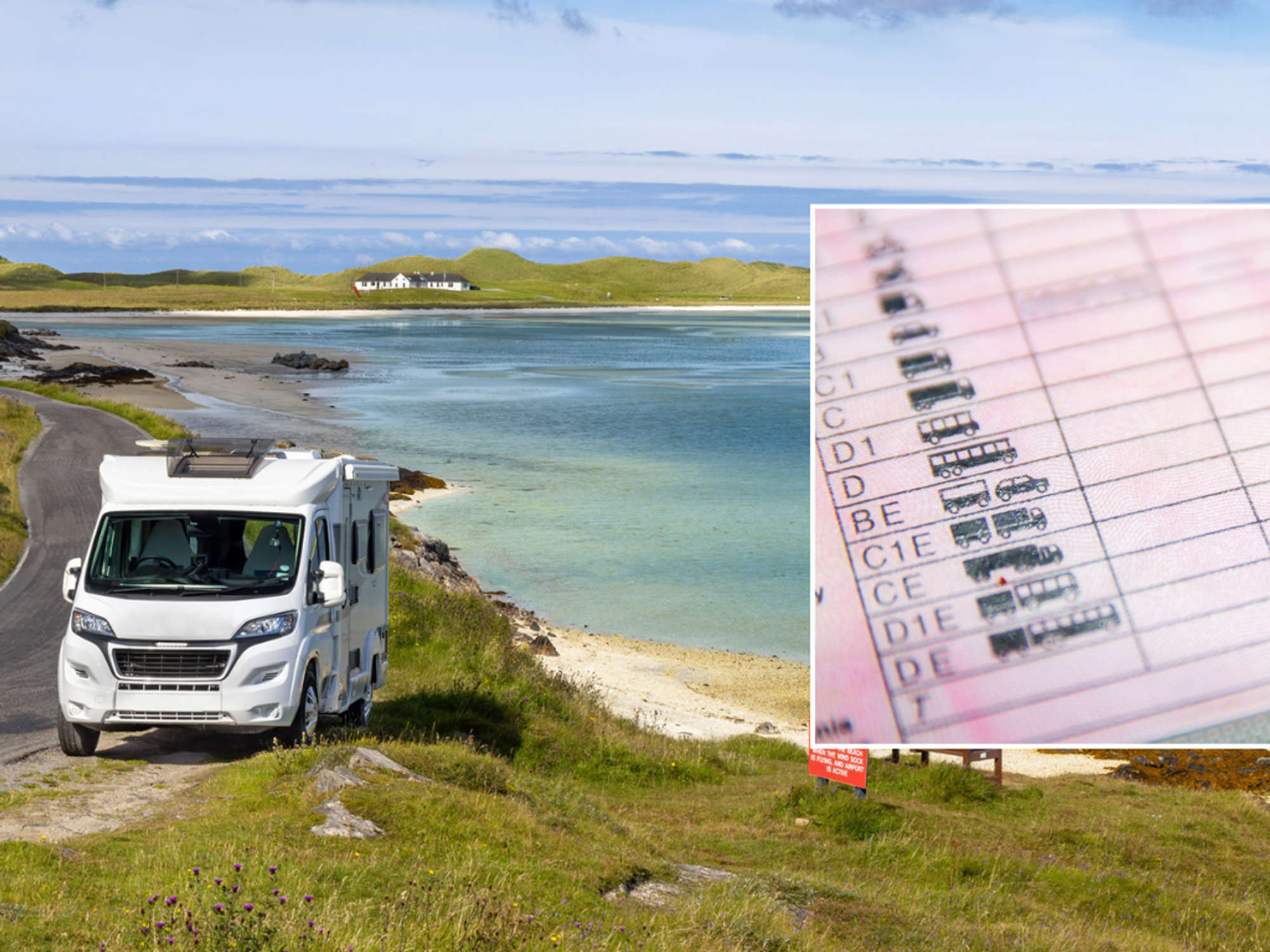The IFS just told Rachel Reeves she needs to raise £16bn more with her Budget - are YOU on her list of targets?
The Chancellor would need to raise billions to remain on course to balance the budget in 2028-29 says the Institute for Fiscal Studies
Don't Miss
Most Read
Latest
Chancellor Rachel Reeves will need to come up with £16 billion more to meet the government’s pre-election promises, according to calculations from think tank the Institute for Fiscal Studies (IFS).
The warning comes ahead of the October 30 Budget, where the Chancellor will set out the government’s planned spending and revenue gathering for the future.
Labour promised no return to “austerity” for public services and a boost to government investment to kickstart growth.
But, to honour those commitments the chancellor will need to come up with £16bn more on top of £9bn tax rises set out in Labour’s manifesto, according to the IFS.
 Chancellor Rachel Reeves will deliver Labour's first Budget on Wednesday 30 October | PA
Chancellor Rachel Reeves will deliver Labour's first Budget on Wednesday 30 October | PAThe Chancellor was also warned about overhauling the fiscal regime to unlock £50bn of extra spending which could spook the markets and risk a Liz Truss-style meltdown.
Reeves faces the challenge of raising £25bn of tax increases while her Party has ruled out raising income tax, employees’ national insurance contributions and VAT.
When asked at prime minister’s questions yesterday, Starmer was pressed by Conservative leader Rishi Sunak to rule out an increase in employer NICs.
Starmer said: “We made an absolute commitment in relation to not raising tax on working people,” and when pressed again he added: “We set out our promises in the manifesto. We were returned with a huge majority to change the country for the better, and I stick to my promises in the manifesto.”
In the run-up to the election, Labour outlined plans for £9bn of tax increases, but the IFS said if Reeves wanted to increase spending on public survives in line with national income she would need to raise an additional £16bn.
The think tank said: “Given the pledges she has made not to raise the main rates of income tax and corporation tax, or to increase national insurance (NI) or VAT at all, she might struggle to implement a tax rise on that scale.
“It would be bigger than the net tax rises implemented in July 1997 and October 2010 (both around £13bn-£14bn). In which case she might have to live with day-to-day spending on many public services falling as a fraction of national income."
Putting those taxes to one side, there are some potential routes to raise extra revenue which would not raise taxes “on working people."
One is through capital gains tax, charged on profits made from the sale of an asset that has increased in value, such as second homes.
However, Judith Freedman, emeritus professor of tax law and policy at the University of Oxford said: “I don’t think immediately it will raise a vast amount of money.
“It might bring in a few billion, it’s not going to give you £20bn.”
Another route is through inheritance tax, a tax that is levied on the value of your property and other assets after death.
Between them, capital gains tax and inheritance tax would raise less than £25bn a year at the moment, so to get an extra £5bn would still require a sizeable jump in those taxes.
However, there are ways to raise cash through higher National Insurance or income tax, without actually changing their headline rates.
Far bigger amounts are at stake of the Chancellor looks at rules governing the tax treatment of pensions contributions.
LATEST FROM MEMBERSHIP:
Reeves could target tax relief on employer contributions which are exempt from National Insurance, according to pensions consultancy Lane Clark & Peacock (LCP).
Exempting employer pension contributions from NI currently costs the Treasury £23.8 billion a year, according to Government figures.
Finally, it is understood the Chancellor could be considering a significant reduction to tax-free pension withdrawals.
At the moment, most savers can take 25 per cent of their pension pot tax-free once they reach the age of 55, up to a maximum of £268,275.
Now, it has been reported that government officials have asked one of Britain’s top pension providers to assess the impact of cutting the tax-free lump sum to £100,000, a third of the current limit.
This could effectively raise around £2 billion in revenue at the Budget.










